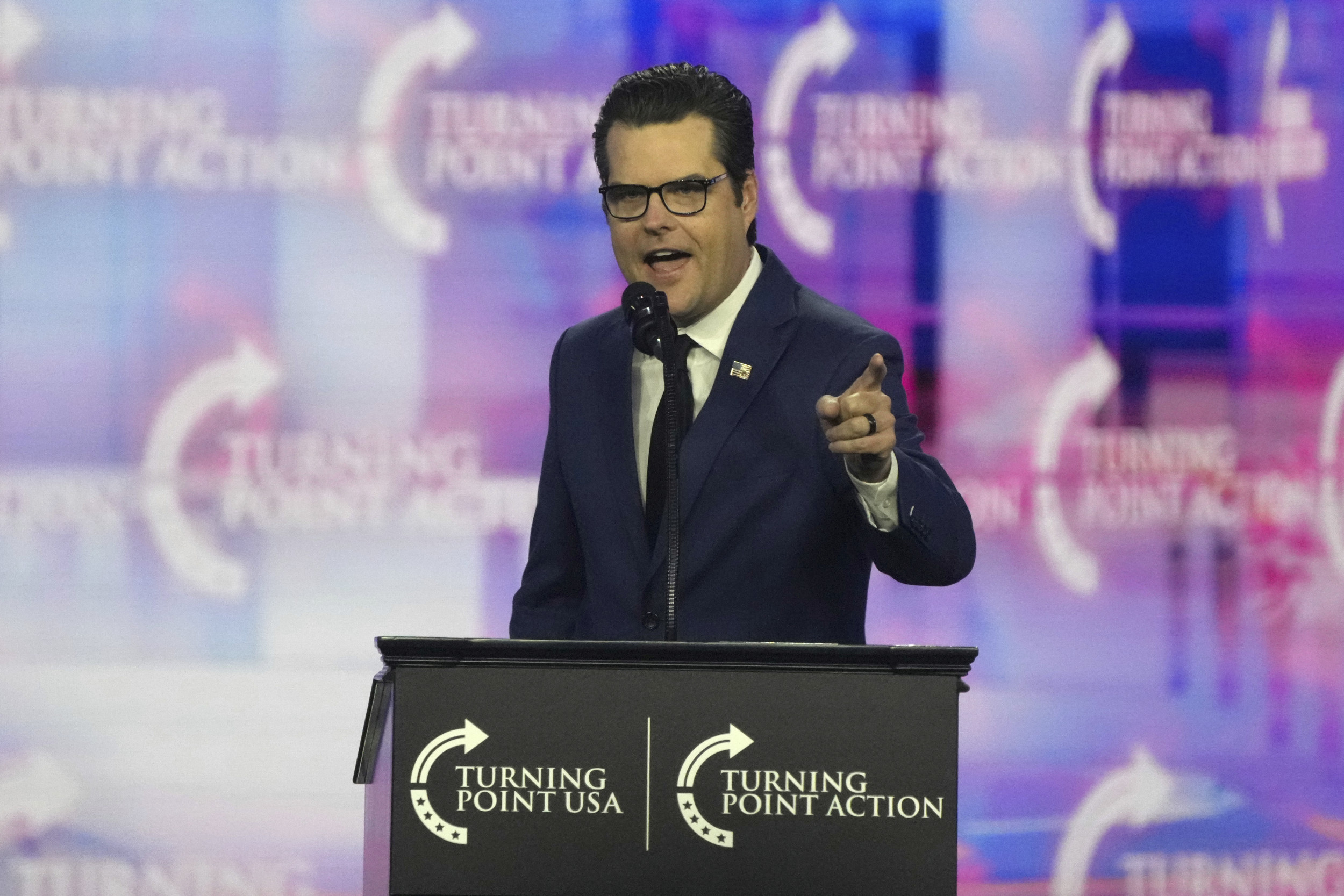Former NASCAR driver Rick Mast has sent a warning to 23XI Racing and Front Row Motorsports amid the ongoing antitrust lawsuit against NASCAR.
23XI Racing and Front Row Motorsports have filed a lawsuit against NASCAR, accusing it of monopolistic practices. The case revolves around both teams' refusal to sign a new charter agreement, which is intended to cover the racing seasons from 2025 to 2031.
Mast shared his thoughts on the lawsuit on Kenny Wallace's YouTube channel (below). He talked about how some veteran racers are drawn to NASCAR's side because of their long-standing history with the sport. He explained:
"I get it from that perspective, and owners not making profits. You can't make money doing it; why the hell are you doing it? Well, a lot of people do it because they love it."

Despite understanding why 23XI and FRM are pursuing this lawsuit, Mast is skeptical about their ability to bring about major changes in the power dynamics of the sport.
"I mean, I get all this; I get what 23XI and Front's trying to do. They're trying to get more money for the race teams and some of the things, like a little bit more power and more control, and that will never happen, okay."
Established in 2016, charters were introduced to provide financial predictability and value to race teams. They ensure that teams have guaranteed entries in each race, which is crucial for attracting and retaining sponsorships. The system was a big shift from earlier days when teams operated without such safety nets, often at the mercy of race outcomes for financial survival. As Mast reminisced:
"We didn't have a net. We lost a lot of sponsorships because teams failed to make races okay. This thing (charters) came along to protect the teams, really protect the sponsors, but protect the teams, and one of the side benefits was that it was supposed to give the team owners some blue-sky value to their teams."
Presently, teams receive 39% of the revenue from broadcasting contracts and race purse payouts, while NASCAR keeps 51%, and the remaining 10% goes to the tracks. Teams are negotiating for a larger share, arguing for increased financial support for the organization. The ongoing discussions have created tension and divided the racing community. Some believe that adhering to the charter system is necessary for continued stability, while others see it as a barrier to equitable growth for all teams.
.jpg?mbid=social_retweet)



















 English (US) ·
English (US) ·